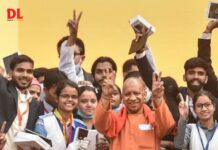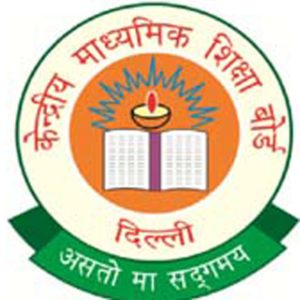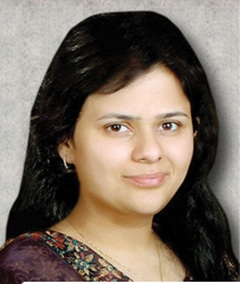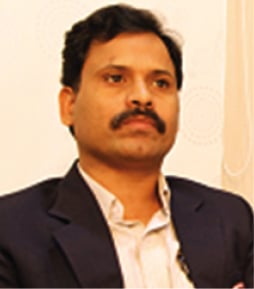Sphoorthy Engineering College, affiliated to Jawaharlal Nehru Technological University (JNTU), was established in 2004 with approval from All India Council for Technical Education (AICTE). Pursuing the philosophy of outcome-based education; the institution nurtures academically excellent students.
The environment in the college supports students and faculty members attain high standards of education and skill sets to shine in their life ahead. The faculty members with their impressive academic, research and industrial experience help students to achieve excellence and impart quality education to them.
The College offers five B Tech, five M Tech, MBA and three Polytechnic Programmes. The college is accredited by NAAC and also ISO 9001:2015 certified. The college is recognised by University Grants Commission (UGC) u/s 2 (f) and 12 (B).
So far, 10 batches of engineering students have successfully graduated with average placement of over 65 per cent students of every batch in IT and core companies. Many students are also pursuing higher studies in India and abroad.
Active alumni body of the college supports students financially, academically and coordinates in providing corporate relations, internships, placements, trainings, etc.
The governing body of college consists of dynamic group of individuals from industry, academics and philanthropy dedicated to serve the students.
The college aims at providing outcome based education that helps students in ensuring challenging and satisfying careers after graduation. Keeping this in view, facilities such as personality development, yoga and martial arts training, skill development, skill training to boost employability, counselling services, tutorials and remedial coaching for slow learners, foreign languages training, free coaching for higher studies, etc are also available in the college.
Industry Institute Interaction: With the advent of globalisation, there is an urgent need to prepare engineering students for jobs in multinational companies by exposing them to latest technologies and engineering practices. The college has MoUs and Tie-ups with the following prestigious Institutions of Global and National Importance
• (IUCEE)-Indo Universal Collaboration for Engineering Education
• IUCEE – SCALE ( Student Consortium for Advancement and Learning in Engineering Education)
• GEDC – Global Engineering Deans Council
• TASK – Telangana Academy for Skills and Knowledge
• ICT Academy
• STUMAGZ
• Intel Technologies
• Cyber Securities
Innovation and Entrepreneurship: The importance of innovation in entrepreneurship is another key value for the longevity of a business. Innovation and Entrepreneurship Development Cell is functioning to create entrepreneurial culture by encouraging innovations among students through its incubation facilities and tie-ups with the following organisations:
• ISBA – Indian Science and Technology Entrepreneurs Park and Business Incubator Association
• NEN – National Entrepreneurship Network
• BYST – Bharatiya Yuva Shakti Trust
• NSTED B – National Science & Technology Entrepreneurship Development Board
• ISB-TEP – Indian School of Business – Technology Entrepreneurship Programme
• J-HUB – JNTUHUB
• FTAPCCI – Federation of Telangana Andhra Pradesh Chamber of Commerce of India
• Palle Srujana
Institutional Achievements:
• Visionary Leadership Award by IUCEE -2018
• 4th Rank in Transformations in Engineering Education – IUCEE -2017
• Visionary Leadership Award – TASK
• 17th Rank in Telangana State ( BestEngg. Colleges Category -2017) Times Group
• Educational Leadership Award – Dewang Mehta Group
• Educational Excellence Award, Indus Foundation
• Best Educational Institution, SHRI
• Most Promising Engineering College with Excellent Faculty in Telangana at World Education Summit and Awards 2018.
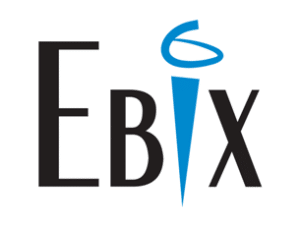 Ebix has already deployed around $300 million to acquire several payments, forex, remittance, and travel companies and is now close on acquiring one of the leaders in the digital education market for K-12 education in India.
Ebix has already deployed around $300 million to acquire several payments, forex, remittance, and travel companies and is now close on acquiring one of the leaders in the digital education market for K-12 education in India.



